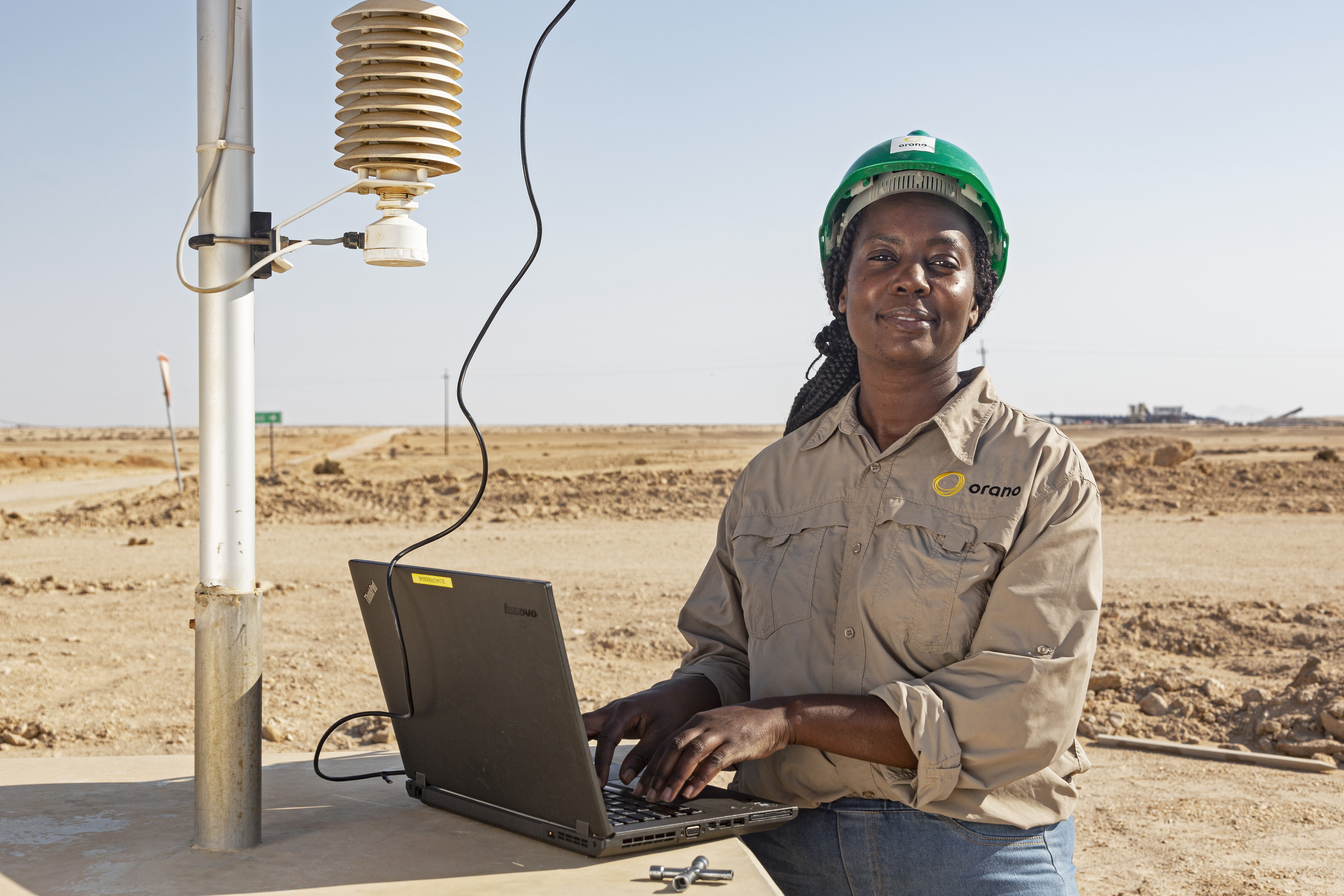
ESG Committee
The guiding principle of sustainable development is that such development must meet the needs of the present generation without compromising the ability of future generations to meet their own needs. Sustainable development recognises the interdependence of environmental, social, and economic systems and promotes equality and justice through people empowerment and a sense of global citizenship. A committee addressing sustainable development, the so-called SD Committee, was launched by NUA in 2013 in order to assist the uranium industry in upholding its reputation as a safe and responsible industry. The committee was also established to assist NUA in promoting best practices with regard to Health, Environment and Radiation Safety and Security.
In line with international trends, the committee explored the issue of addressing environmental, social and governance (ESG) issues, rather than continue to follow the classic SD approach. There is a growing recognition that consumers are consciously aware of how the products they purchase are manufactured. This includes responsible sourcing of minerals and good labour practices throughout the value chain. Even if it makes the products more expensive, there is an increasing willingness by consumers to pay a premium. But it is not just end-users who are making conscious decisions; investors are increasingly putting their money into mining companies that are committed to sustainable operations. For example, investors are attracted to mines which use affordable renewable energy and reduce their greenhouse gas emissions as well as have responsible labour practices in place. It is for this reason that ESG best practice is now an absolute necessity in mining operations, the conventional emphasis on shareholder returns has shifted to encompass ESG and an integrated approach needs to be taken with ESG very much a part of the decision-making. The committee therefore undertook a comprehensive analysis of the risks the industry is facing, as well as their mitigation, and mapped them according to environmental, social and governance, as well as economic issues. The terms of reference were adjusted accordingly, and the committee was re-named the ESG Committee.
The former SD Committee’s four working groups, namely the Services Working Group, the Radiation Safety Working Group, the Water and Air Quality Working Group, and the Swakop River Farmer’s Working Group were found to still be required and remained in place, and their ToR were also adjusted to reflect the outcome of the risk analysis.
The ESG Committee’s duties include reviewing and guiding NUA policy formulation to ensure that it incorporates aspects of ESG in the policy formulation process, including public participation, equity, sustainable use of natural resources and public access to information; promoting best practices with regard to Health, Environment, Radiation Safety and Security, Corporate Social Responsibility (CSR) and Governance from a uranium industry-wide perspective; providing a uranium industry-wide opportunity to discuss and examine risks and other issues identified or brought forward by the Board of Directors of NUA; advising NUA on the coordination and prioritization of risk management issues throughout the industry and develop a strategy for risk management; and encouraging and fostering greater awareness of risk management in the uranium industry.
In 2023/24, the ESG Committee addressed the Ministry of Mines and Energy’s Mine Closure Framework, radiation safety expertise at operating mines, B2 road safety concerns, the Water Resources Management Act, 2013 (Act No 11 of 2013), a proposed hazardous waste site, the Strategic Environmental Management Plan (SEMP) office at the Geological Survey of Namibia, and regularly monitored the risk matrix.
Members of the ESG Committee
Liezl Davies, Chair (Rössing Uranium Ltd)
Jessica Bezuidenhout (Elevate Uranium)
Dong Huan Chen (Zhonghe Resources (Namibia) Development)
Werner Ewald (Bannerman Resources)
Martin Hirsch (Reptile Mineral Resources and Exploration)
Richard Kangumba (Swakop Uranium)
Dr Katrin Kärner (Reptile Mineral Resources and Exploration)
Kaarina Nkandi (Orano Mining Namibia)
Cathy Paxton (Reptile Mineral Resources and Exploration)
Martinus Prinsloo (Bannerman Resources)
Rainer Schneeweiss (RS Environmental)
Dr Gabi Schneider (NUI)
Dr Herman Strauss (Medixx Namibia)
Gillian Swaby (Reptile Mineral Resources & Exploration)





